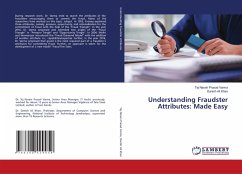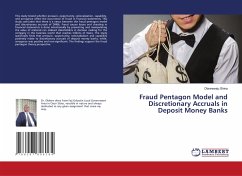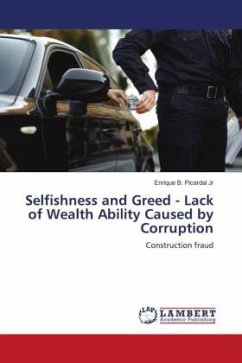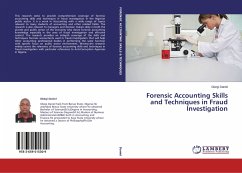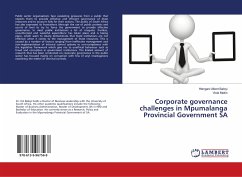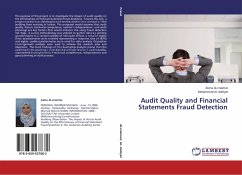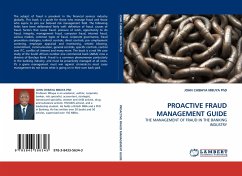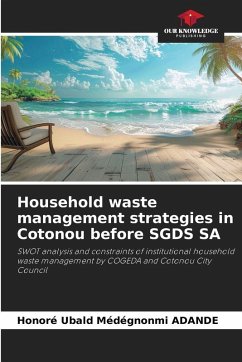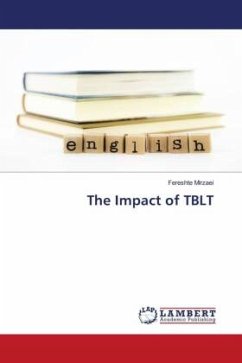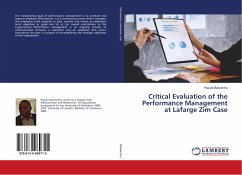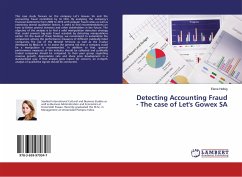
Detecting Accounting Fraud - The case of Let's Gowex SA
Versandkostenfrei!
Versandfertig in 6-10 Tagen
24,99 €
inkl. MwSt.

PAYBACK Punkte
12 °P sammeln!
This case study focuses on the company Let's Gowex SA and the accounting fraud committed by its CEO. By analysing the company's financial statements from 2009 to 2013 with popular fraud ratios as well as examining several qualitative factors, it seeks to find recommendations on how to better protect investors and other stakeholders in the future. The objective of the analysis is to find a valid manipulation detection strategy that could prevent big-scale fraud scandals by detecting manipulations earlier. On the basis of these findings, we recommend to automatize the comparison among the perfor...
This case study focuses on the company Let's Gowex SA and the accounting fraud committed by its CEO. By analysing the company's financial statements from 2009 to 2013 with popular fraud ratios as well as examining several qualitative factors, it seeks to find recommendations on how to better protect investors and other stakeholders in the future. The objective of the analysis is to find a valid manipulation detection strategy that could prevent big-scale fraud scandals by detecting manipulations earlier. On the basis of these findings, we recommend to automatize the comparison among the performance measures of different publically listed companies. The use of the Beneish M-Score as well as the Z-value developed by Bladu et al. to assess the general risk that a company could be a manipulator is recommended. In addition to that, general performance measures of the industry should be collected and publically traded companies should be compared to their peer group regarding revenue growth, depreciation rate and share price development in a standardized way. If that analysis gives reason for concern, an in-depth analysis of qualitative signals should be conducted.



